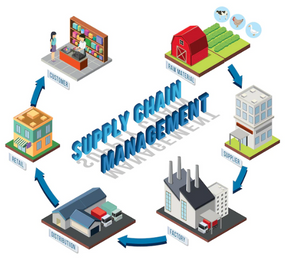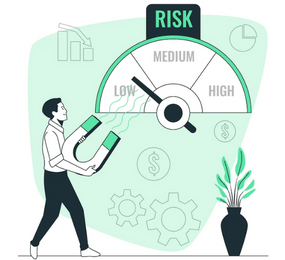Government Regulation in Supply Chain Risk Management
Government regulation plays a pivotal role in mitigating supply chain risks, ensuring the safety, security, and sustainability of global trade. Through a comprehensive framework of laws and policies, governments can address various risks such as natural disasters, geopolitical instability, trade disputes, and cybersecurity threats.
One crucial aspect of government regulation is the establishment of standards and guidelines for supply chain practices. These standards can cover areas like product quality, safety, and environmental sustainability. By mandating adherence to these standards, governments can enhance consumer confidence and protect public health. Additionally, regulations can promote transparency and accountability within supply chains, reducing the likelihood of unethical practices like forced labor or child labor.
Governments can also play a proactive role in managing supply chain risks through trade agreements and diplomatic efforts. By fostering cooperation and collaboration among nations, governments can mitigate risks associated with trade barriers, geopolitical tensions, and disruptions in global supply chains. Moreover, regulations can provide a framework for addressing emerging risks, such as those related to climate change or technological advancements.
In conclusion, government regulation is essential for effective supply chain risk management. By establishing standards, promoting transparency, and fostering international cooperation, governments can create a more resilient and sustainable global supply chain ecosystem.
Visit our website to know more: https://www.leadventgrp.com/events/2nd-annual-supply-chain-risk-and-resilience-forum/details
For more information and group participation, contact us: [email protected]
Leadvent Group - Industry Leading Events for Business Leaders!
www.leadventgrp.com| [email protected]
















